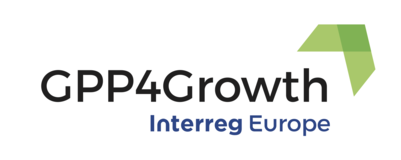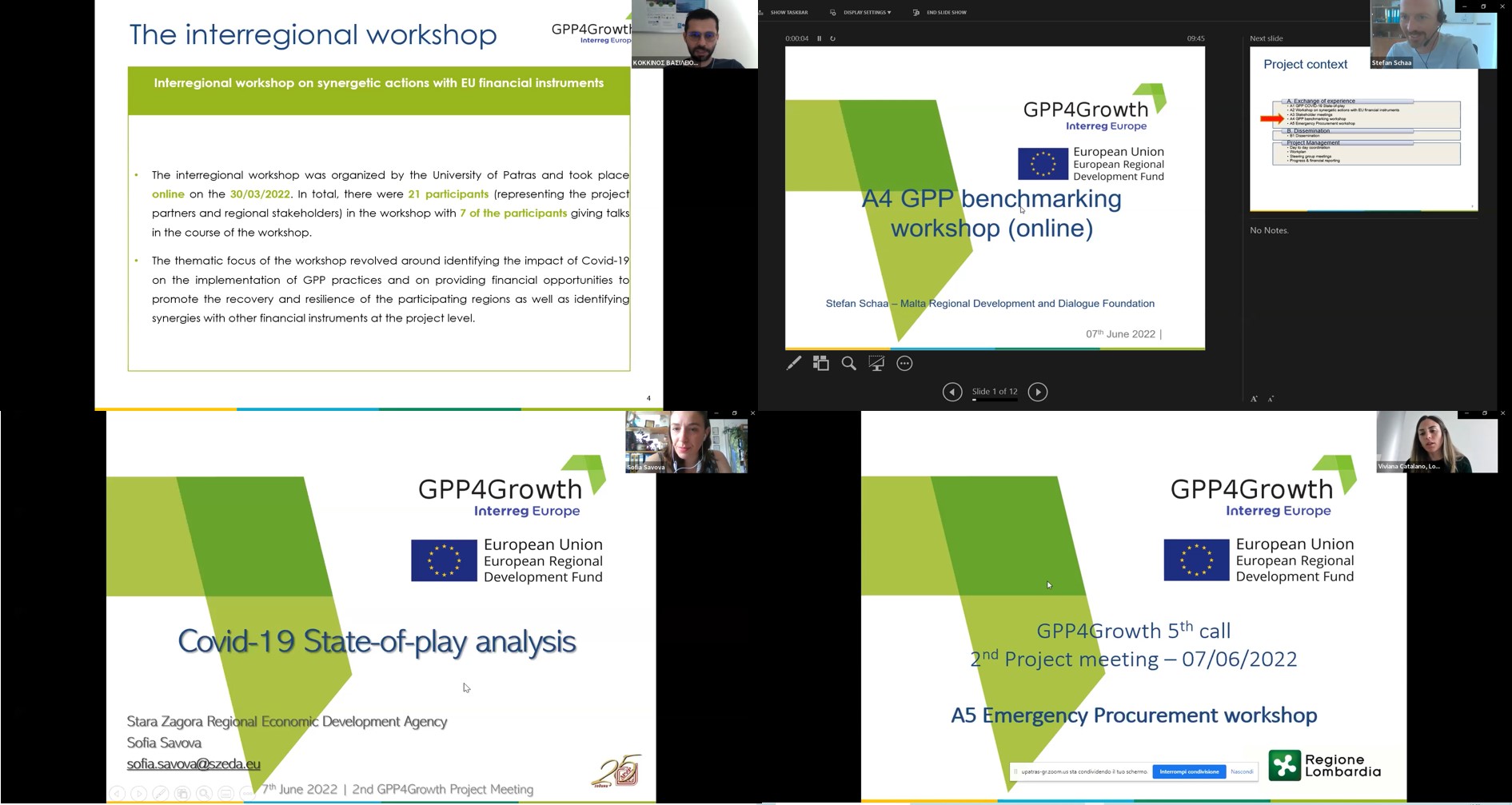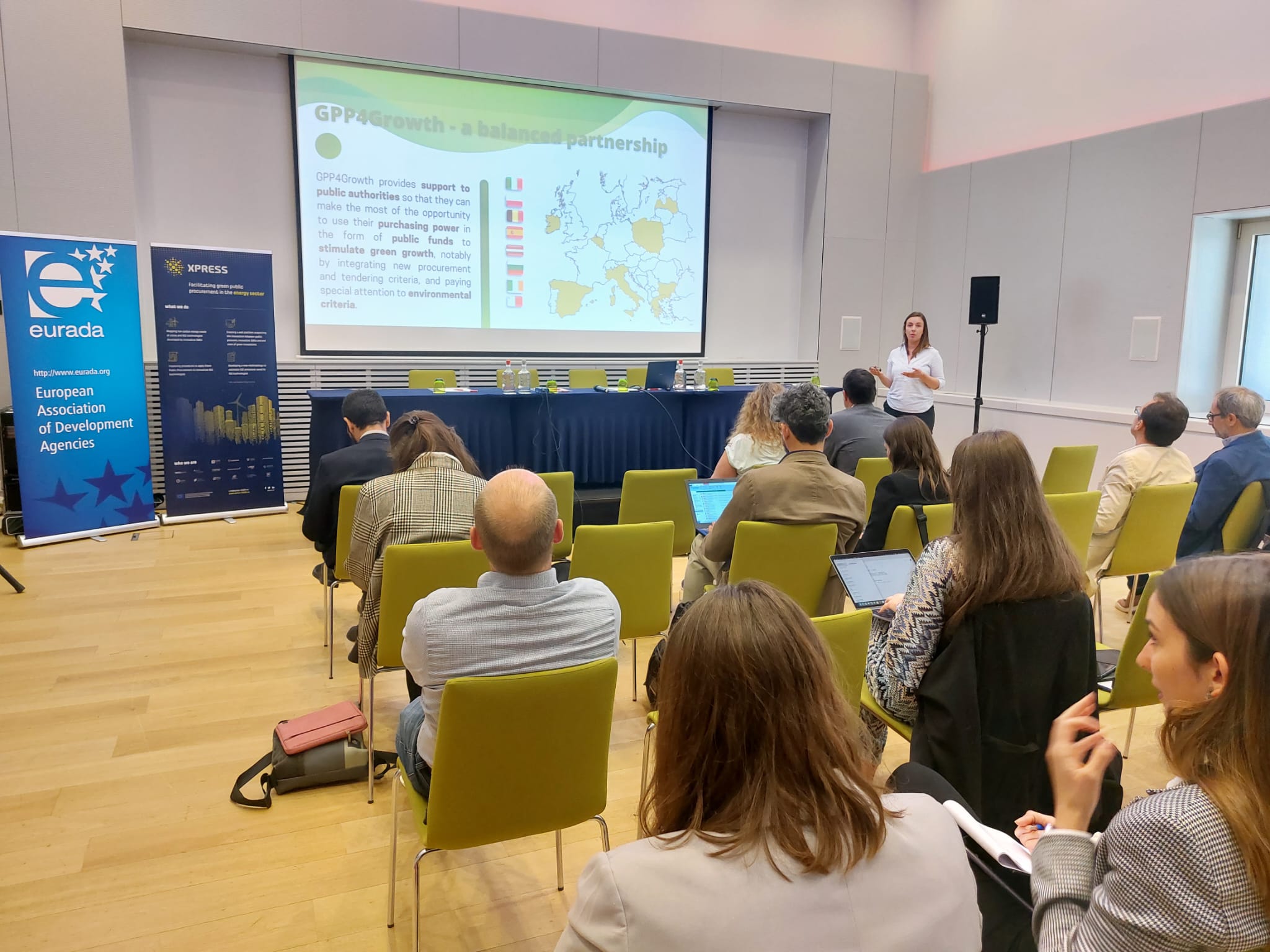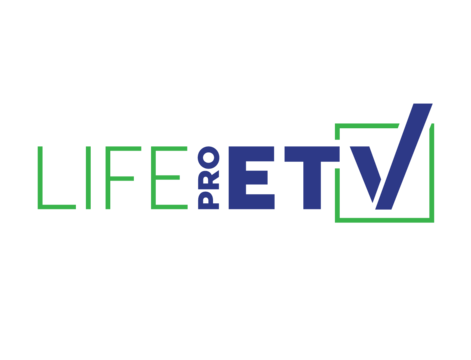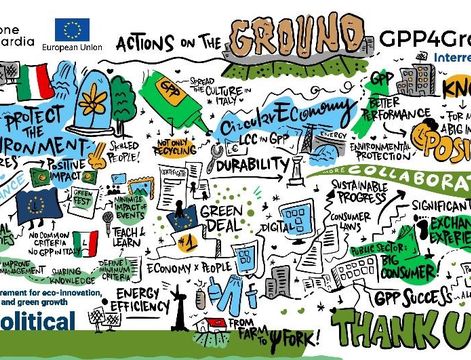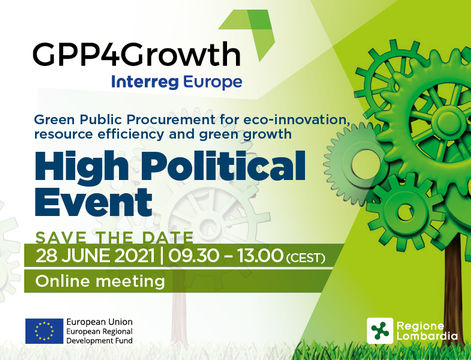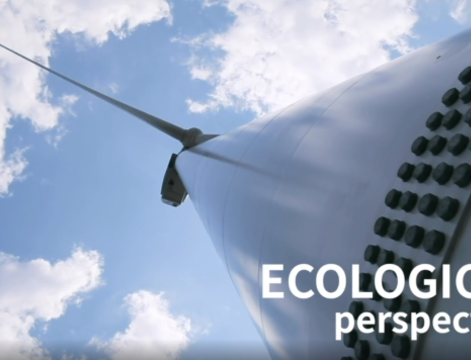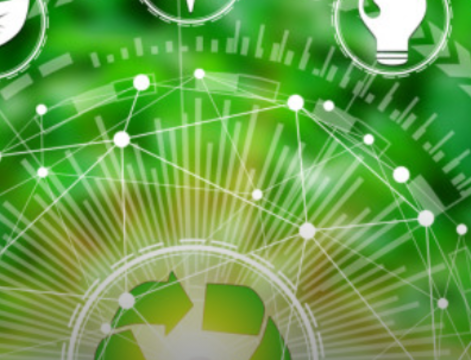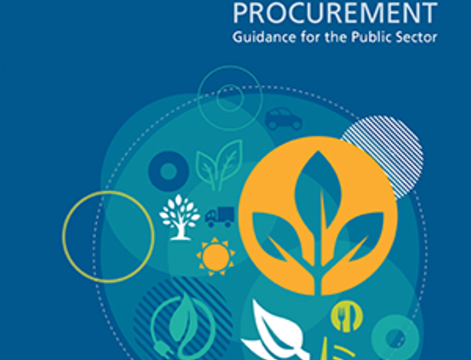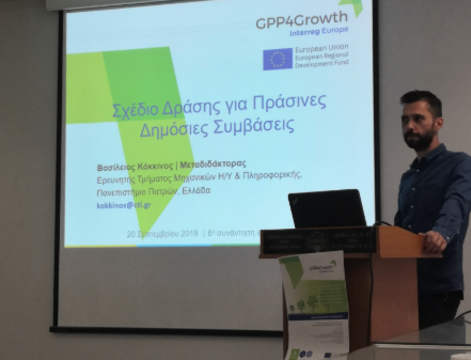The purpose of the third stakeholder meeting in Latvia was to raise stakeholders’ awareness and deepen their knowledge of the use of the eco-labels in GPP. Stakeholders gained information on classification of eco-labels and deeper knowledge on the most popular ecolabels available in Latvia as well as the discussed use of eco-labels in successful GPP.
Additionally, during the workshop participants were introduced with the overall progress in project implementation and the results from the project activity looking at the barriers in implementing GPP and developing recommendation to facilitate better implementation of GPP main challenges and possibility of the GPP in the Zemgale planning region (presented by Artūrs Pečura, the ZPR project manager). Latvia has been a most active participant in the A.1.4 activity’s survey with 24 responses. Survey results demonstrate that there are differences in motivation to GPP among procurement organizers and tender participants; the main obstacle for GPP is lack of political motivation, high costs of GPP and complicated verification of green criteria. Policy recommendation from the survey was also presented.
Iveta Jēgere, the representative from the State Environmental Bureau, responsible for the popularization of the EU Eco-label in Latvia, presents the information on eco-labels and particularly the EU ecolabel. Importance to focus on the full lifecycle of the produce and the importance to involve different stakeholders was also highlighted. Latvia has a relatively small number of certified products – only 12 (coming from 2 companies producing cleaning agents).
One of these companies (Spodrība from the project region - Zemgale) also presented (presented by Haralds Grigorjevs from BESTA, Ltd) their experience with ecolabels for cleaning products. Demand for the eco-labelled products over the 5 last years has been growing. There is also growing interest from businesses (hotels, restaurants). The company is planning to go 100% eco-certified by 2020. There is some cooperation with cleaning service providers, but they are usually purchasing products from retailers. The presentation was followed by the discussion about how consumers understand the eco-labels and Seal label on Spodrība products.
Ilze Neimane from NGO “Ecodesign competence center” presented their work with ecolabels, highlighting that consumers have a limited understanding of what is the green product and how to differentiate them; there are different labels, some of them concentrate on all the lifecycle, some only on some of the aspects (e.g. energy efficiency or sustainability labels). Stakeholders also learned about new information sources to learn more about the eco-labels. Product environmental declarations were introduced as a good source of information for GPP and verification of environmental correspondence.
“Ecodesign competence centre” also presented the results from their project on sustainable retail demonstrating that supermarkets are not consequent on informing consumers on green/eco-labelled products.
